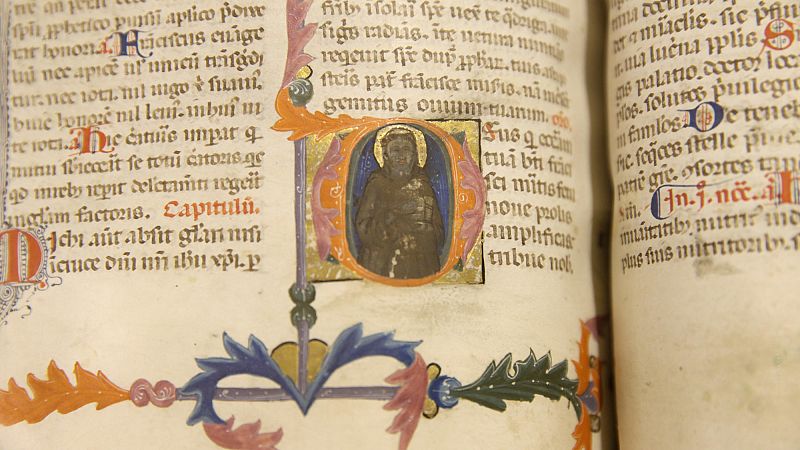Italy set to reinstate St Francis public holiday after parliament vote

Italy has moved closer to reinstating a national holiday in honour of patron saint Francis of Assisi, after its lower house overwhelmingly backed an initiative that cast the move as critical to the country’s identity.
The right-wing government of Italian Prime Minister Giorgia Meloni supports the proposed legislation, saying St Francis is at the “core of our nation’s identity”.
On Tuesday, the bill, which would give millions of Italian workers the day off on the saint’s feast day on 4 October, received 247 votes in favour and only two against. There were also eight abstentions.
A national holiday was previously observed in Italy for the medieval friar celebrated for his dedication to the poor, but it was discontinued in 1977.
While Italy is largely Catholic, with nearly 80% of Italians identifying with the religion, a much smaller percentage can be considered observant, with only 19% attending church at least once a week, according to 2023 data by the Italian statistics agency ISTAT.
According to another survey from November 2024 conducted by the Italian institute of sociological research CENSIS, 15.3% of Italians consider themselves to be practising Catholics.
The proposal will next go to the Senate for approval.
Speaking after Tuesday’s vote, Lorenzo Fontana, the president of the Chamber of Deputies, said: “I am delighted that the chamber has given the initial green light to this proposal: rediscovering St Francis also means reviving his message of peace, which is more relevant than ever.”
The vote was also heralded by Grazia Di Maggio, a politician who belongs to Meloni’s Brothers of Italy party.
“It will be the day when Italy will remember, once again, that it is a land with a tradition, a faith, and a soul that no one can ever erase,” Di Maggio said.
During her time in office, Meloni has sought to promote traditional Catholic values, placing particular emphasis on the family.
As Italy looks to add another public holiday to the calendar, France has recently backed away from removing two of its own.
Before being ousted from his position on 8 September, now-former French Prime Minister François Bayrou claimed the move was necessary to rebalance the country’s economy.
However, the idea proved unpopular, with his successor Sébastien Lecornu pledging to overturn the plan, following mass strikes across the country.
Today

